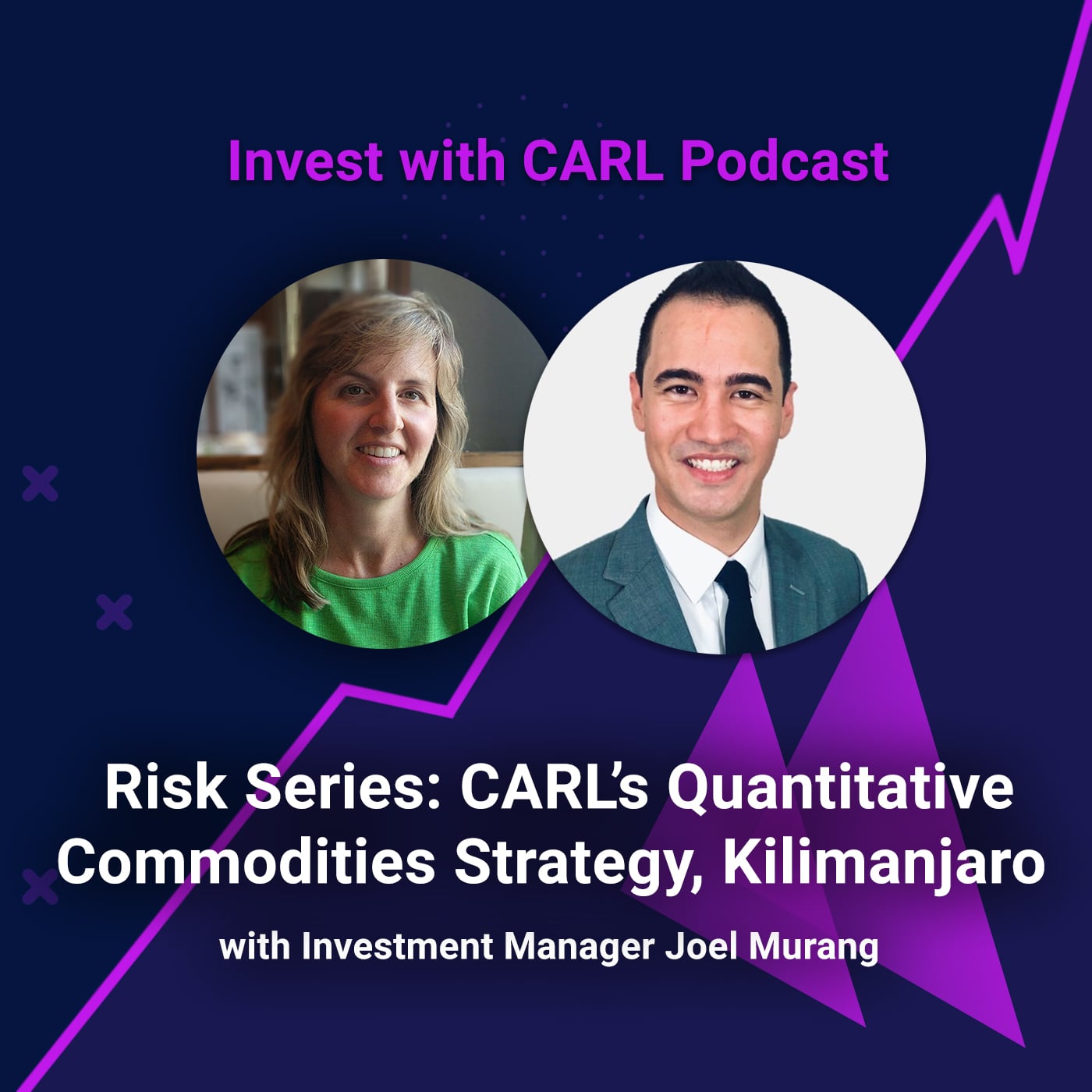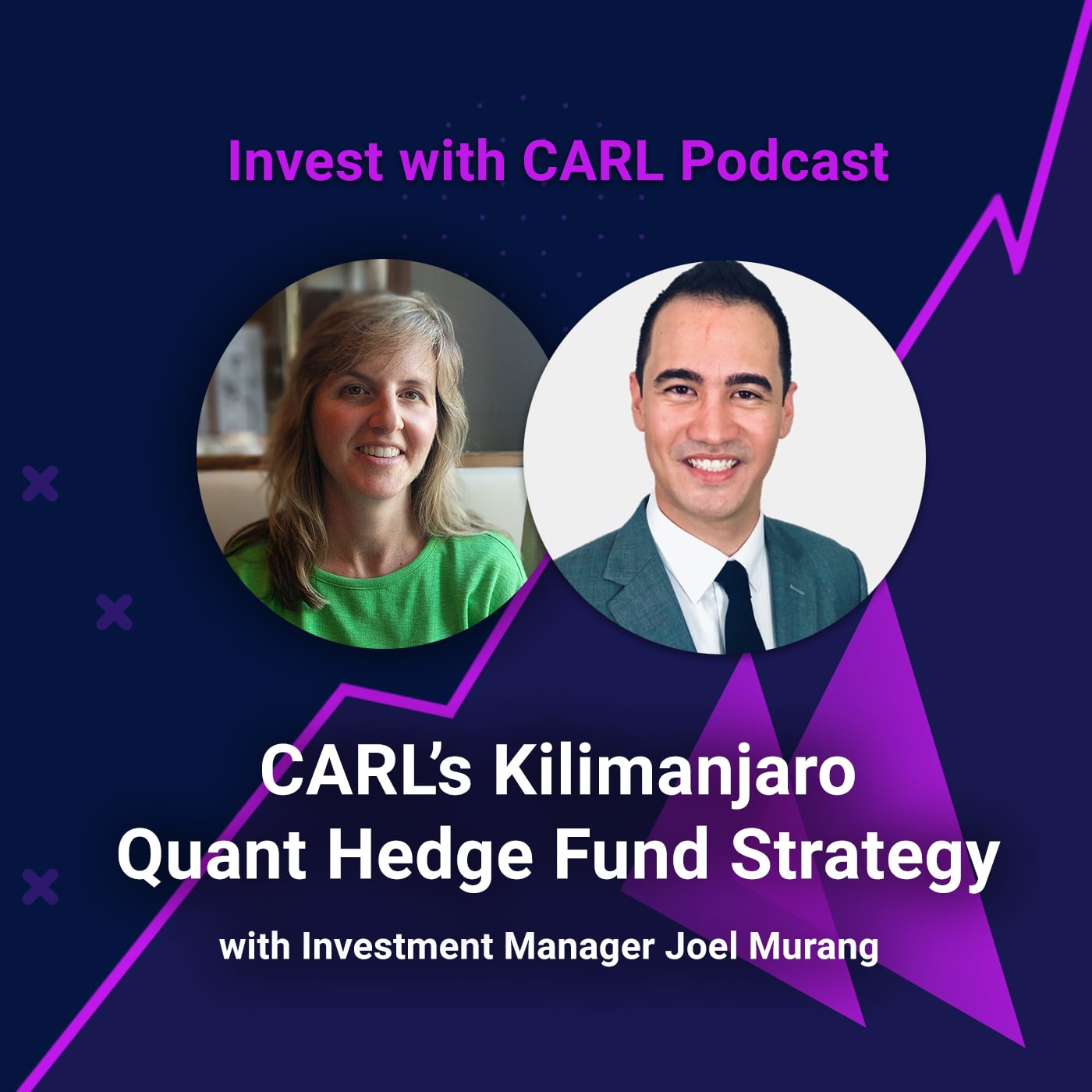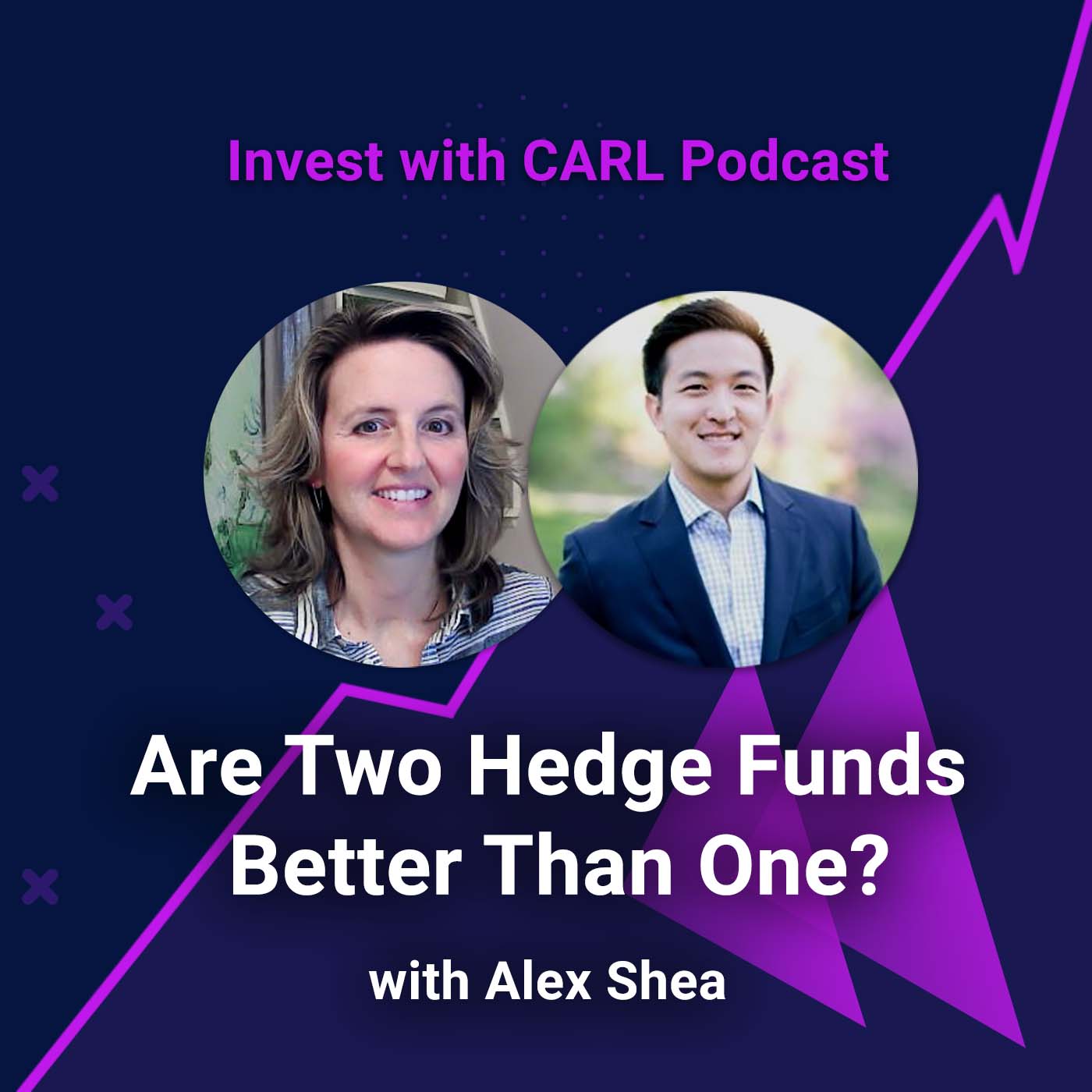Defining Commodities
To talk about commodities in contrast to stocks, bonds, etc., we first need to define what they are. They are goods that have an inherent value on the market – but in contrast to most other asset classes, this value is typically limited to its material value. Commodities differ from many other products in the sense that they are fungible. This means that commodities of the same type are seen as interchangeable.
For example, wheat, crude oil, natural gas, and precious metals are typically seen as interchangeable. As a buyer, you usually don't care where the oil you're trading comes from, and the oil produced by one refinery is generally seen as equivalent to the oil from any other refinery. Contrast this with non-generic products such as clothes manufactured by a particular brand. On the free market, clothes produced by one brand may fetch a very different price than clothing from another brand, despite being the exact same type of clothing. This is because the branding is thought to add value to the product, as consumers are willing to pay premium prices for certain brands.
Note that commodities are defined by their fungibility – but not every trader on the market may agree on the exact extent to which an asset is fungible. While resources such as wheat, oil, or metal are typically considered to be fungible, the situation is not quite as clear-cut when it comes to generic pharmaceuticals, for example.
How Commodity Markets Work
Trading commodities is typically done on specialized commodities exchanges. The purpose of these is to allow manufacturers, for example, to purchase the raw materials they need to create their products. This is also why such fungible goods are often traded as futures contracts. In futures, one party agrees to buy a certain amount of a base resource at a specific price and at a specific future point in time. This system has been developed to help product manufacturers ensure they'll receive the materials they need in time for production while guaranteeing the manufacturer of the raw materials that their goods will be bought at a reasonable price at a predictable point in the future.
Investors follow the same guidelines, buying either commodities or commodities futures. However, these investments rarely end with the investor actually taking possession of the metal, barrels of crude oil, or whatever goods they've purchased. Instead, investors typically sell their physical commodities as soon as they take possession of them. This is done in one of two ways:
- If prices have risen above the price stipulated in the commodities futures contract, traders can immediately sell the goods at a profit.
- If prices have fallen, traders will typically still immediately sell them, but at a loss. This is because few private investors have the necessary warehousing capacity to take possession of the physical commodities for any extended amount of time. An investor caught in such a situation will often sell the goods back to whomever they bought them from, netting a profit for the original seller.
Is Trading Commodities Profitable?
To trade commodities is to take advantage of the fundamental need for resources on the global market. Commodities such as crude oil, natural gas, or precious metals are always in demand. As a general rule of thumb, however, most investors trade in commodities when stock prices are falling. That's because when shares, bonds, and financial derivatives are starting to struggle, most investors consider commodities a more reliable investment as they're always in demand. As a result, commodity prices then tend to go up.
So-called "soft commodities" – foodstuffs such as wheat, corn, or even livestock – are always in demand, making them generally a safe bet for investment.
Under such circumstances, it can be very profitable to get into the commodities business. Generally speaking, though, physical commodities don't offer the same great returns that other investment vehicles can provide. That's because of their perceived fungibility. To be profitable, trading commodities typically requires active asset management, buying and selling frequently to take advantage of slight price differences.
This is also where hedge funds following commodity strategies can be a great way to make money on the commodities market. Since hedge funds pool investor money to invest in long as well as short positions and employ hedging strategies on top of that, you can save yourself a lot of hard work by simply investing in a hedge fund. That way, there's no need to constantly follow the price of certain base goods since the fund's employees take care of all of that for you.
When to Trade Commodities
Fungible assets tend to increase in price with inflation and with increased demand. This means the best time to buy into commodities is at any point before a rise in inflation. Alternatively, you could buy commodities right before they're needed for major new product innovations. For example, computer chips and semiconductors may rise in price due to new computer innovations or the cryptocurrency boom, which requires computer hardware for mining purposes.
Investing in Hedge Funds That Trade in Commodities
If you're a non-institutional accredited investor, investing in commodities may not be the best decision for you. That's because making significant gains by trading commodities requires you to spend a significant amount of time following the market, buying and selling commodities futures and options, and keeping your portfolio diversified the entire time. Hedge funds are a much easier way of getting into the commodities market, as some of them are specialized in buying and selling such assets – they have the know-how and the time required to fully engage in the trade. This allows them to take advantage of even small price differences to consistently make small profits which add up to large sums in the end.
Since commodity prices can change depending on many factors on the market, including inflation and large-scale events, quantitative hedge funds often have a significant advantage compared to actively managed funds. That's because quants use machine learning algorithms and computer modeling of large-scale market trends to anticipate future developments better than any human mind would be able to.
This is where CARL can help you get the most out of the commodities market by giving you unprecedented access to some of the most sophisticated commodities-focused quantitative hedge funds available today. With a minimum investment of only $20,000 you can start investing in commodities while benefiting from the built-in risk control mechanisms of a hedge fund – namely portfolio diversification and hedging strategies. Trading fungible assets have never been more convenient – and thanks to the CARL app, you can invest or withdraw your money from your chosen quants no matter where you are.
Invest in Commodities With CARL
With 15%+ targeted returns, CARL's quants combine the potential of commodities investment with the power of quants to generate the returns you need. Whether you're looking for a way to diversify your portfolio or a source of regular income, CARL has you covered. With no lock-up periods, you can invest and withdraw on a monthly basis, with the power of 21st century data-driven investment strategies at your service. Set up your CARL account today and take a look at our quantitative investment strategies.
Podcasts – Selected Episodes About Trading Commodities
The "Invest with CARL" podcast is a bite-sized treasure trove for anyone looking to brush up on the basics or learn the latest hedge fund news. If you're just learning how to invest, the CARL podcast offers you plenty of information for beginners, concise enough to listen to on your commute.

Risk Management With Quantitative Commodities Strategy
Episode 15 - Risk Series - Risk Management with Quantitative Commodities Strategy, Kilimanjaro

Kilimanjaro a Long/Short Market-Neutral Commodity Strategy
Episode 13 - CARL’s Kilimanjaro Quant Hedge Fund Strategy with Investment Manager Joel Murang

Are Two Hedge Funds Better Than One? With Alex Shea
Most investors know that diversification is important and that, as an alternative investment, hedge funds can offer portfolio diversification...